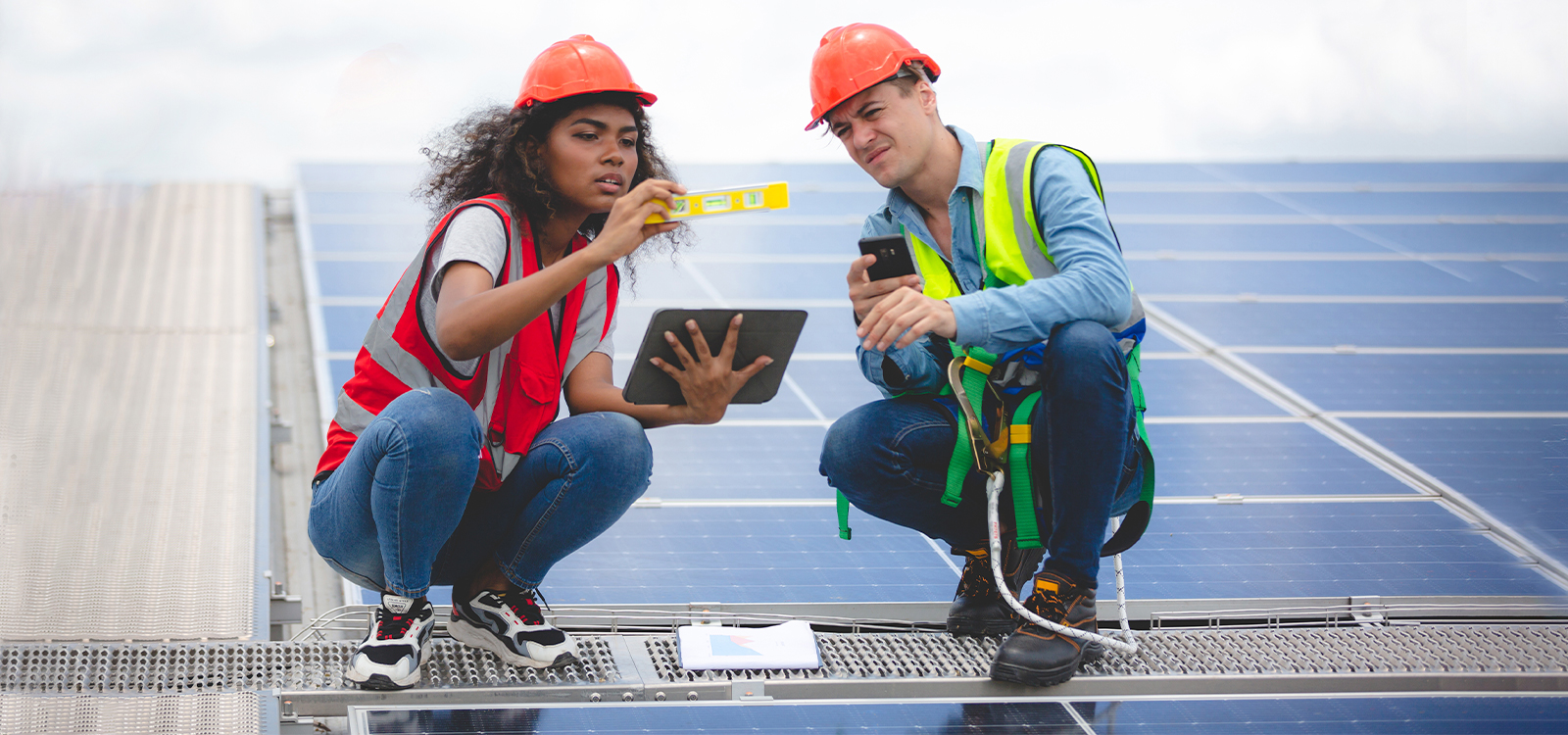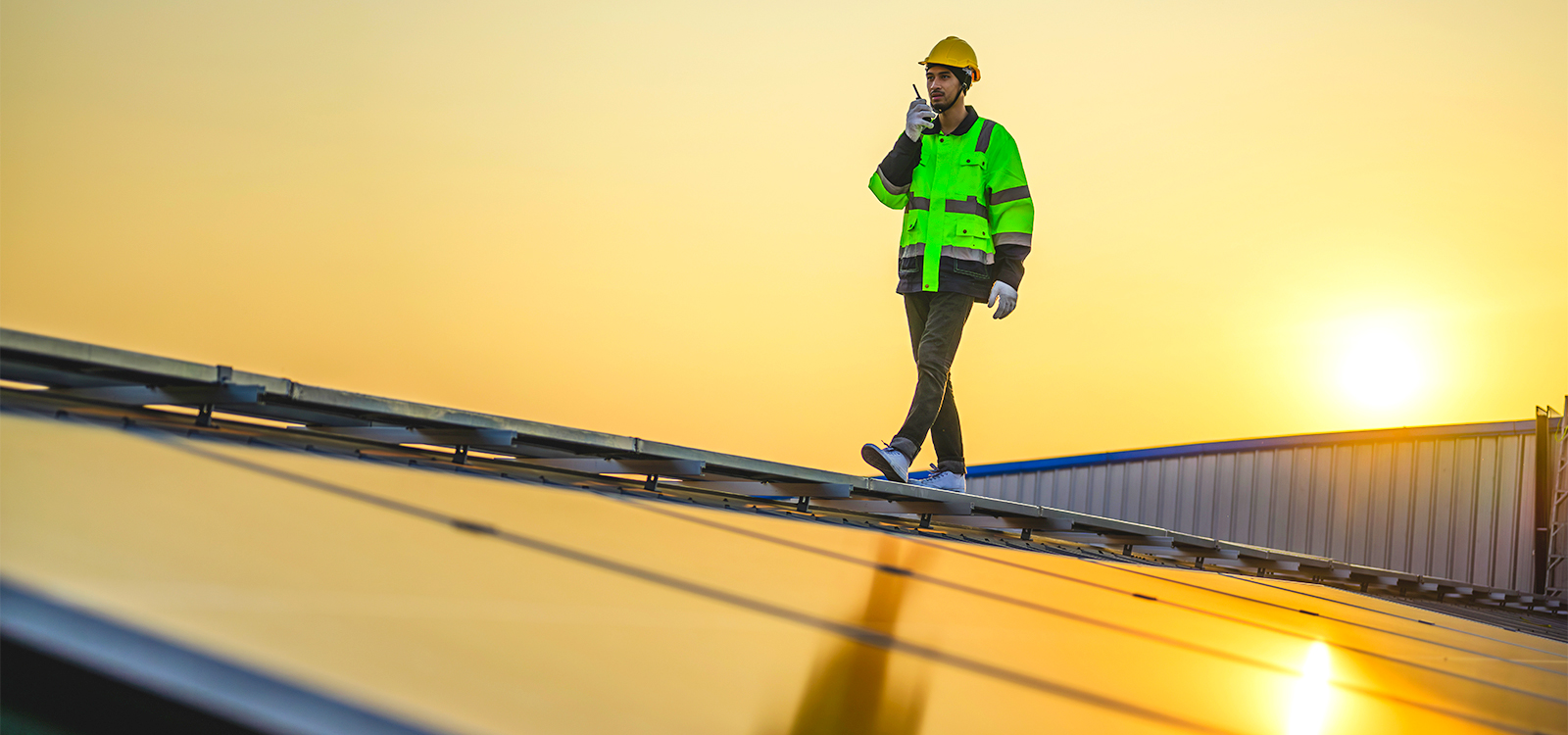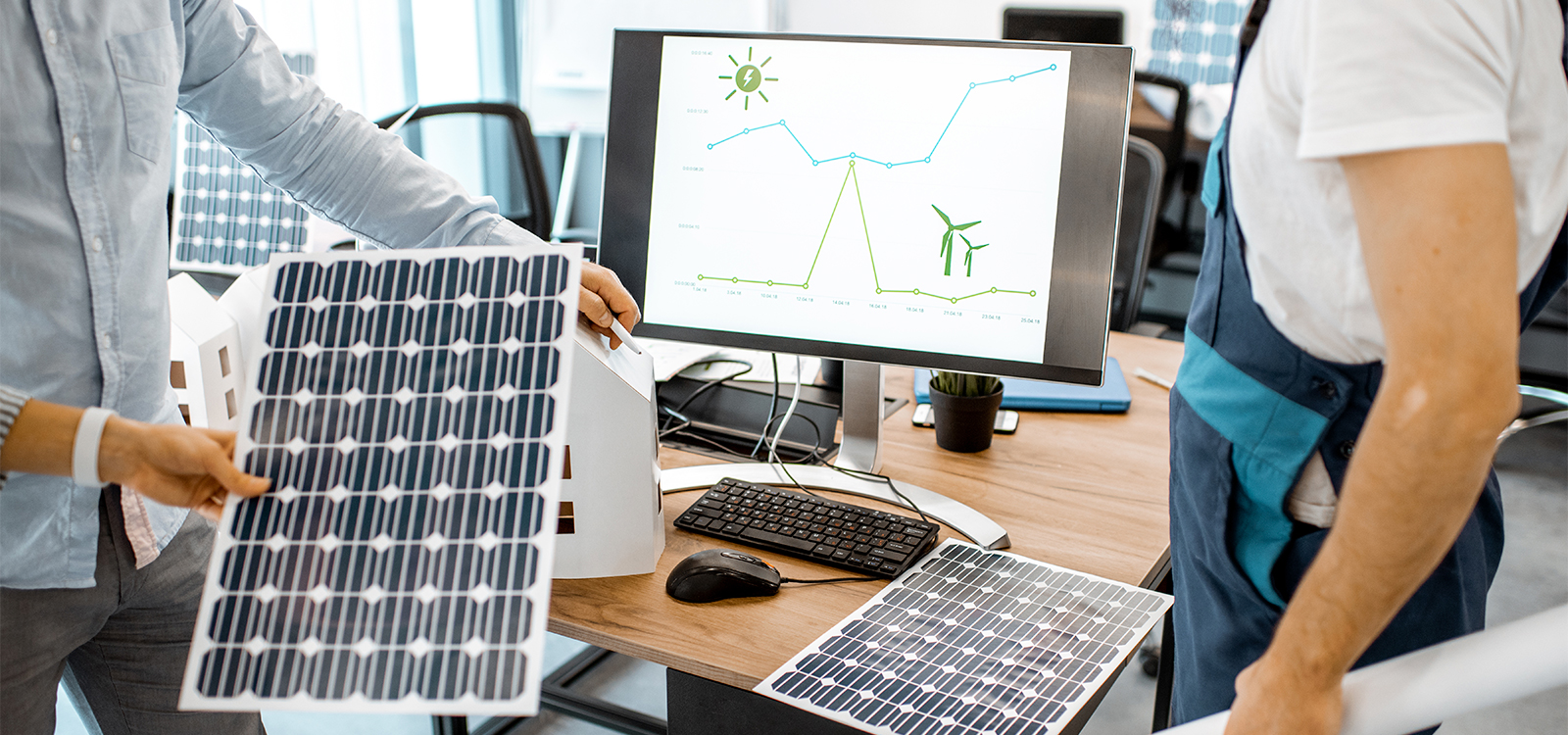Embracing renewable energy solutions is becoming both more prevalent and critical in South Africa’s business environment. Solar energy offers several benefits, including cost reduction, sustainability, and energy independence, however, solar systems are not a one-size-fits-all solution.
If you’re considering an alternative energy system to power your office park, factory, residential complex, or retail business, this guide will walk you through the key considerations to factor into your decision.
Assessing Your Energy Consumption
The first step in sizing a solar system is to understand your current energy usage, and the best place to start is previous electricity bills. By working out the average daily energy use, you can estimate the capacity your solar system needs in order to meet your energy demand.
Once you have an idea of your consumption, there are several other key factors you’ll need to consider. These include:
1. Energy goals: Define your objectives, whether it’s reducing electricity costs, minimising reliance on the grid, or enhancing environmental sustainability.
2. Budget: Determine how much you’re willing to invest in the solar system. Keep in mind that the initial costs may be substantial, but the long-term savings and benefits can significantly offset these.
3. Energy usage trends: Consider whether your energy demand is consistent throughout the day or if there are specific peak periods when you require more power.
4. Space availability: Finally, evaluate your rooftop space or available land to determine the potential size and capacity of the solar system.
Determining the Need for Battery Backup
Battery backup ensures a dependable power supply during grid failures or high-demand periods, but having one is not always necessary — plus, batteries are generally the most expensive component in a solar energy system. There are three main considerations to determine whether your business should invest in a battery backup:
1. Grid reliability: Assess the frequency and duration of power outages in your area. If you experience frequent interruptions, a battery backup can provide an uninterrupted power supply and mitigate the impact of blackouts.
2. Demand management: Examine your business operations and energy usage during high-demand periods. If demand charges significantly impact your electricity costs, a battery backup system can help reduce those charges by storing excess solar energy for use during peak times.
3. Energy independence: Consider whether energy autonomy and reduced grid reliance are part of your long-term business strategy. With battery backup, your business can generate and store its own energy, providing greater control over energy expenditures and power security.
The Smart Alternative
Sizing a solar system that’s right for your business is all about considering your energy usage and your business goals: the wrong decisions can result in over- or under-investment in a system.
Sosimple takes the guesswork out of your solar energy solution. We do all the calculations for you and provide you with cheap, clean electricity directly from the solar panels we install on your premises: No upfront investments, zero maintenance hassles, and no hidden service costs — just clean, reliable energy at an affordable price.
Watch Lizet Bloo, MD of Sosimple, talk you through how easy it is to get started saving money on your electricity bill.
Alternatively, contact us today to explore how we can tailor a solar solution specifically for your business’s needs.



